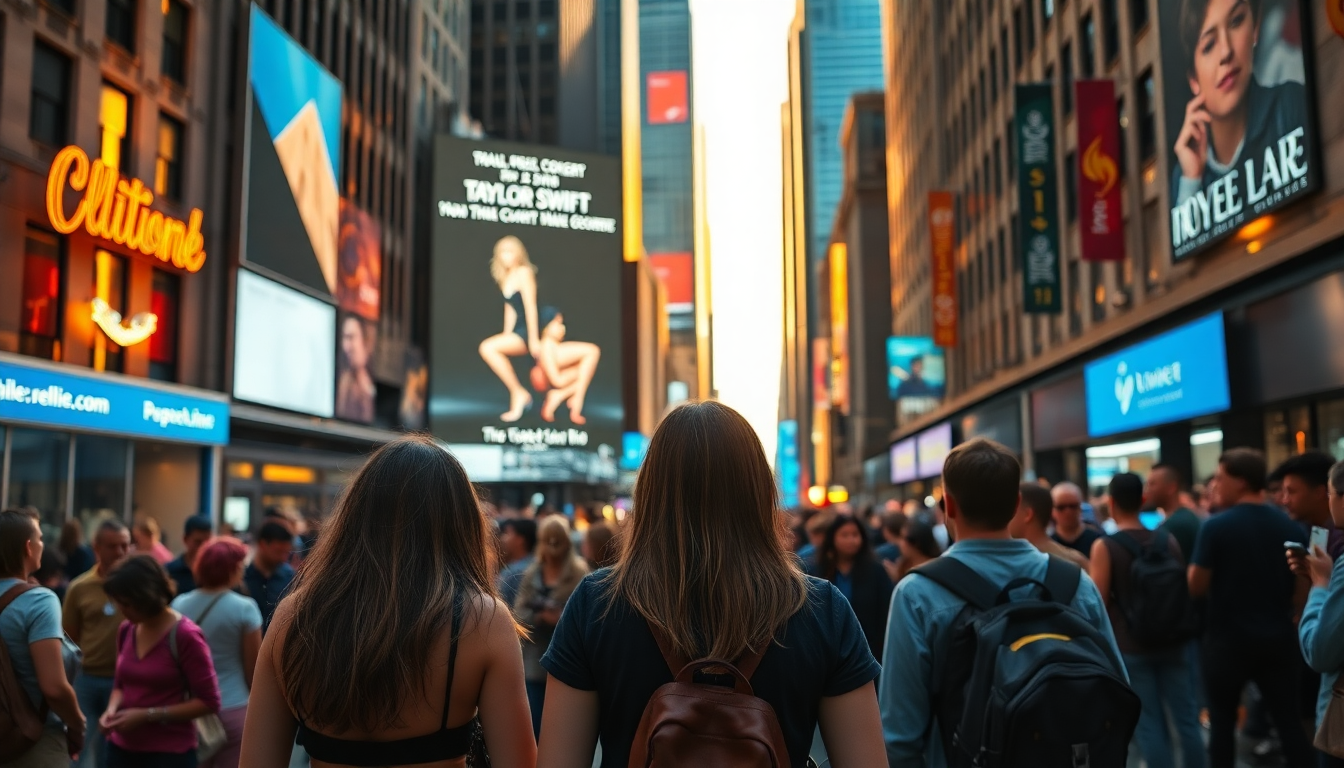Table of Contents
The Federal Trade Commission (FTC) is shaking things up in the ticket resale industry by taking legal action against Key Investment Group and its affiliates. This lawsuit comes at a time when fans are increasingly frustrated by how ticket scalpers are playing the system—especially for events that everyone wants to attend, like Taylor Swift’s Eras Tour.
By alleging violations of the Better Online Ticket Sales (BOTS) Act, the FTC is shining a much-needed light on practices that have left many consumers feeling cheated.
Understanding the Allegations
So, what exactly are the allegations? The FTC’s complaint paints a troubling picture of Key Investment Group, which includes companies like Epic Seats and Totally Tix LLC.
They’re accused of using some pretty shady tactics to snag tickets in bulk and then reselling them at inflated prices. This isn’t just a minor issue; the practices allegedly break both the BOTS Act and the FTC Act, which are designed to protect consumers in the online ticket market.
The complaint points to tactics like using multiple Ticketmaster accounts, hiding identities with proxy IP addresses, and juggling different credit card numbers to mask their buying habits.
To put things in perspective, the FTC claims that this company managed to snag over 379,776 tickets from Ticketmaster in just one year, racking up costs of $57 million and reselling those tickets for an estimated $64 million.
That’s a staggering profit margin! It raises serious concerns about how these practices affect fans, who often find themselves with few options to buy tickets at reasonable prices.
Impact on Consumers and the Market
One of the most alarming parts of the lawsuit is the targeting of popular concerts, particularly Taylor Swift’s shows.
The suit reveals that Key Investment Group bought 2,280 tickets for 38 of her performances, leading to a jaw-dropping profit of over $1.2 million. Even more concerning is the use of 49 different accounts to grab just 273 tickets for a single concert—talk about a calculated move to sidestep purchasing limits set by ticket vendors.
This kind of behavior ultimately harms fans who are genuinely trying to get their hands on tickets.
But it doesn’t stop with Taylor Swift. The FTC has pointed out that similar tactics were used for other big-name concerts, like those by Bruce Springsteen. This suggests a larger issue in the ticket resale market that not only drives up prices but also undermines the whole ticket purchasing process, leaving real fans in a tough spot.
Key Investment Group’s Response
In the wake of the lawsuit, Key Investment Group has pushed back, expressing concerns that the FTC’s interpretation of the BOTS Act could threaten the secondary ticket market. They argue that such regulations might unfairly penalize legitimate ticket buyers and sellers, maintaining that their operations are within the law. This response underscores the ongoing debate about how to effectively regulate the resale market while still protecting consumers.
As this situation unfolds, it will be interesting to see how the courts interpret these allegations and whether the FTC’s actions will usher in real changes in the ticket resale scene. For now, concertgoers are left grappling with a challenging landscape where ticket availability and pricing continue to be hot-button issues.





